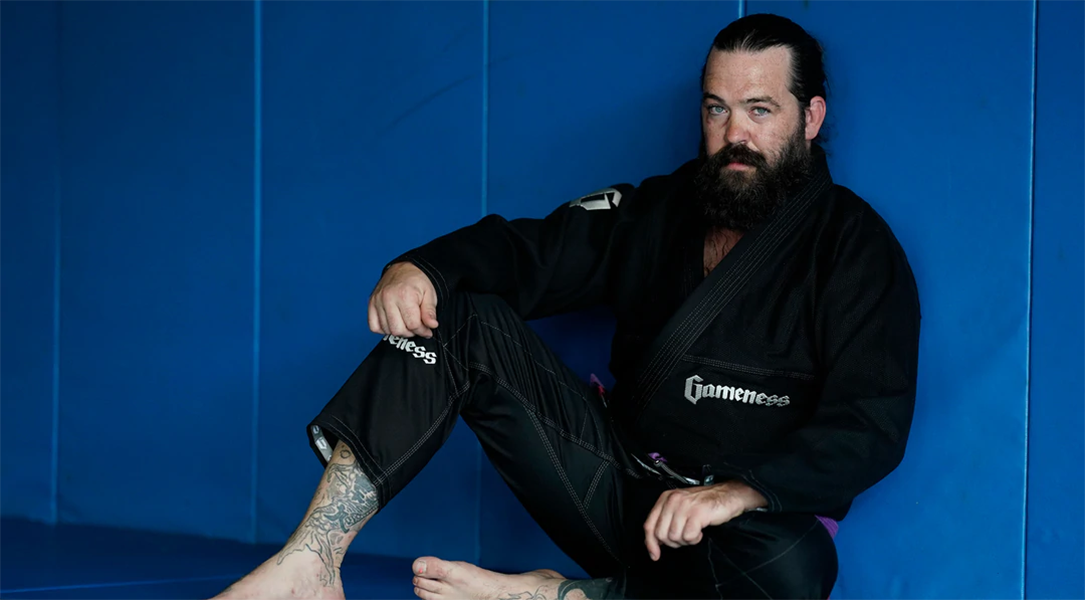
5 Old School Rules of BJJ
Like them or not, these rules are out there. Not every gym abides by all of them, but you may find traces of at least one of these rules in your academy.
1. Don’t ask a higher belt to roll
This is one rule that a lot of black belts like to use to tease lower belts. Most black belts that I’ve seen don’t care if a lower belt asks them to roll, many will encourage it. But if you’re at an old school academy, you will hear stuff like this. It’s meant to be a sign of respect, indicating that you can’t go out and just challenge a black belt. This rule does have some practical applications, such as if eager white belts continually ask a black belt to roll but that black belt really needs to train with more advanced people. So, the rule makes it easy for the black belt to just choose the training partners he needs without constantly brushing off white and blue belts. If you are an instructor, then you do have a responsibility to roll with the lower belts since you are their teacher.
2. Line up for bow-in at the beginning and end of every class
Most of these rules are rooted from judo, and in judo the bow-in is very important. Students are lined up by belt rank and your toes must be perfectly in line with the mat that everyone is standing on. Your gis and belts must be perfectly tied and folded, and you have to stand with perfect posture. There is no talking in the line and once your instructor drops to his knees, everyone else follows by belt rank - then you bow out
3. Bow-in before entering and leaving the dojo/mat
This is something that is embedded in Japanese culture in general, but since jiu-jitsu is from Japan originally, a lot of gyms like to do this. It is a sign of respect to your instructor and teammates and a display of discipline – an essential part of any martial art.
4. You can never say no to a roll invite
Although this seems contradictory to the first point on this list, this rule applies more to those moments when you’re already tired or injured a bit and you’d rather stop.
This is another old Japanese judo rule, to show the ‘warrior spirit’, but there is no shame in stopping if your next roll has a high chance of leading to injury. When those guys with ‘warrior spirit’ hit forty years of age, they really wished they had been a bit more protective!
5. Random nail checkups
This one is more random than the others but does have a lot of logic to it. Having long nails in a contact sport like this is a huge ‘no-no’. Long nails carry a lot of bacteria and could transfer if/when they cut or scrape a partner. Sometimes in judo classes, people with long nails are either not allowed into class or they must pay some sort of fitness fee, like push-ups, burpees, or crunches.
